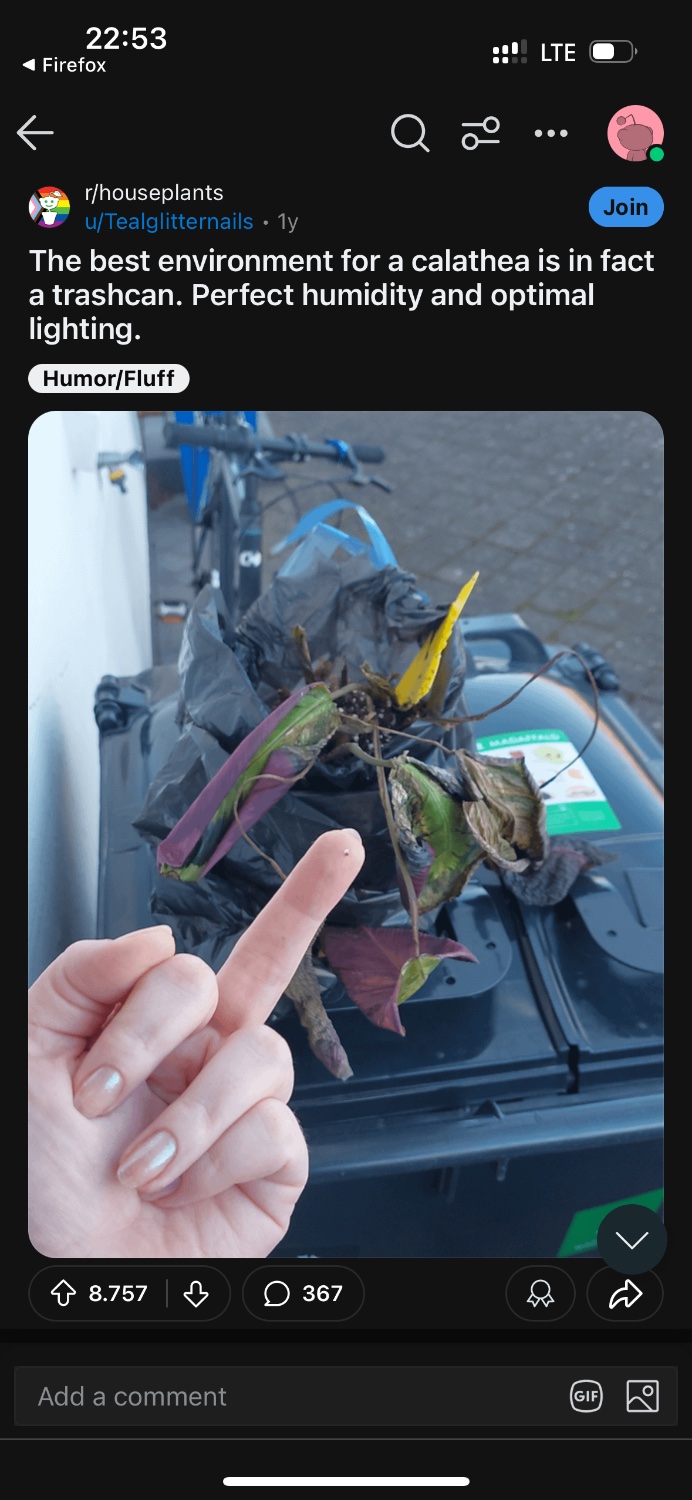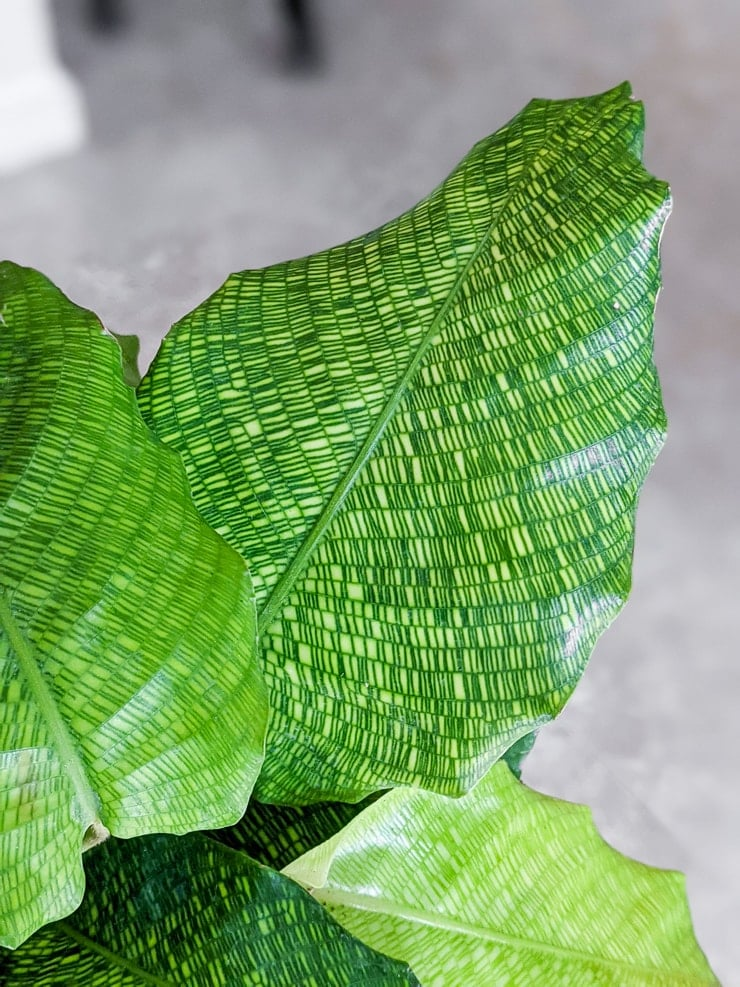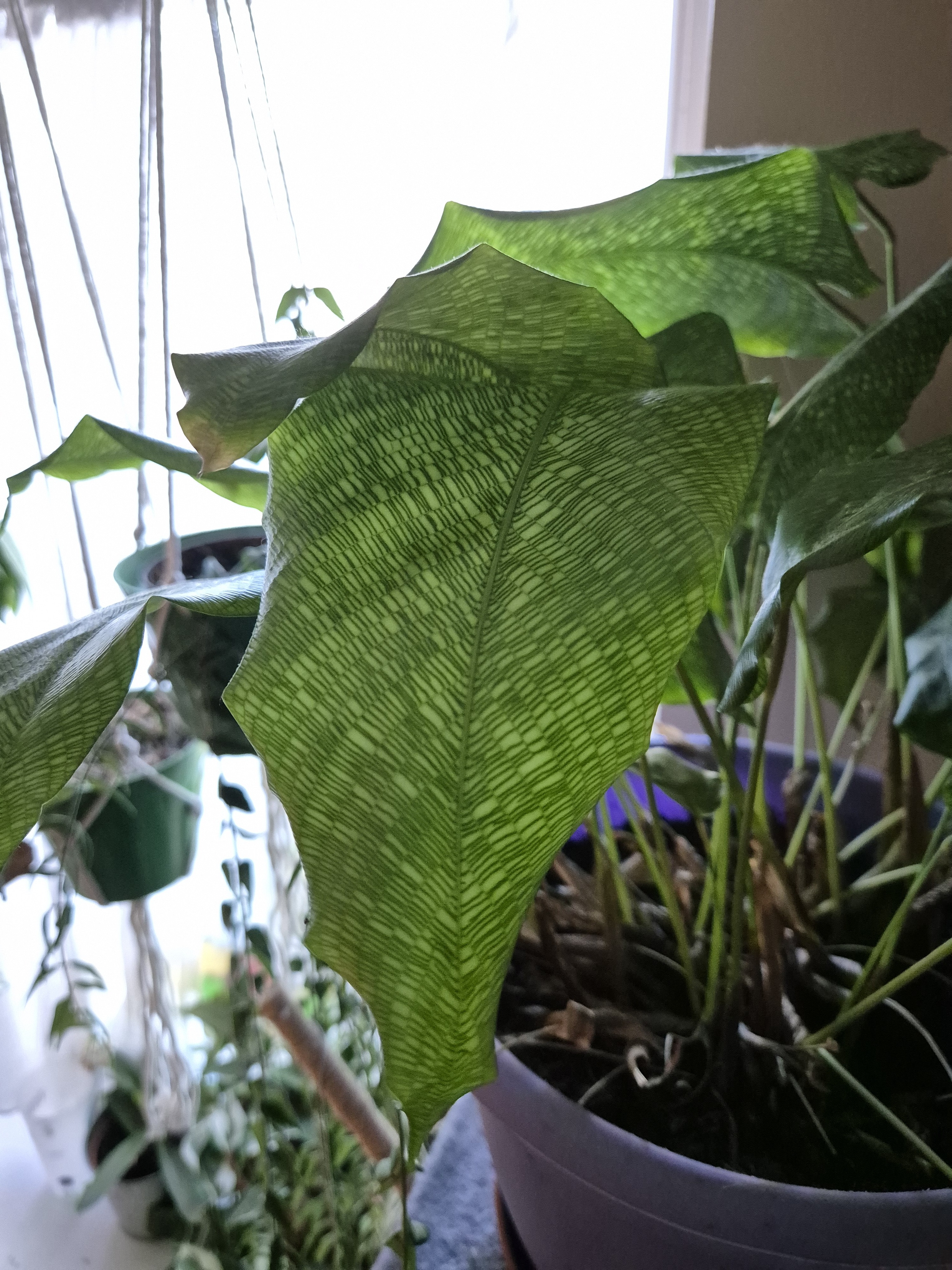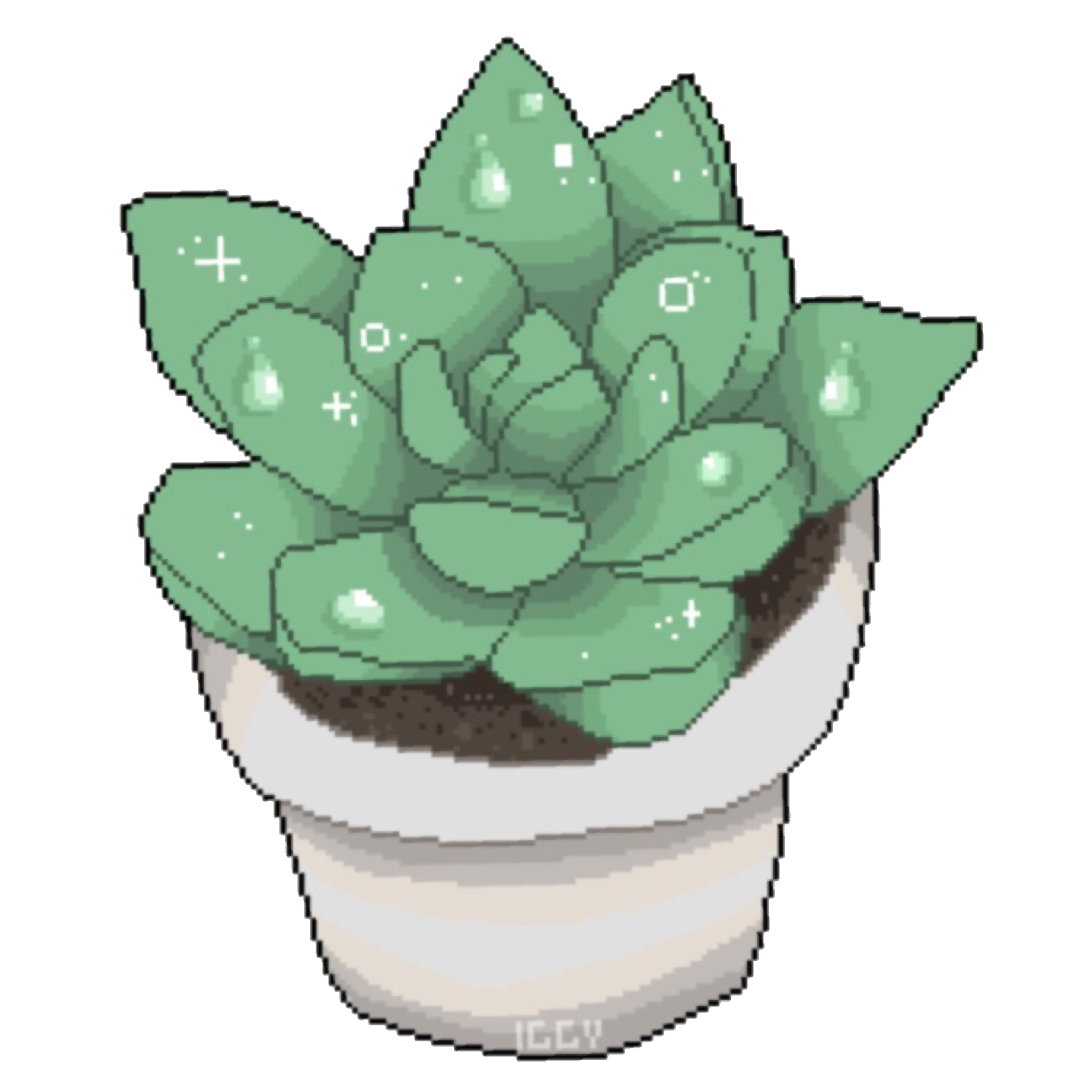Dear houseplant community,
Like the beginning of any good letter, I should probably have written you sooner.
Anyway, a friend of mine had this beautiful plant that she neglected for months, completely drying it out. At the end there were just a few leaves hanging half a meter from the plant itself, completely dried out.
I cut off a piece, gave it roots, potted it, and it went wild! Explosive growth, every new leaf bigger than the last. It was unlike anything I’ve ever seen.
A few months later, it had had enough. Leaves started curling up and withering. Growth halted. I thought maybe I had forgotten to give it water, but that wasn’t it. Moving it to a sunnier spot didn’t help either. Now it’s almost completely dead, and I miss what we once had.
So, a couple of questions:
- Does anyone have any idea what went wrong? Did I water it too much? Too little?
- What can I do? Can it be saved? Does it need plant nutrition? A bigger pot? I’m afraid of doing anything, as it seems so fragile one bad move would surely be the end of it.
Thank you so much in advance!
Yours truly, Aa
@plants@a.gup.pe
That’s a calathea. Tropical rainforest plants that grow well below the shade of the canopy. It needs HUMIDITY, warm temps, indirect dappled light, and never fully dry soil (nor saturated). Notoriously difficult as a houseplant.
Oh my - it’s a wonder it ever felt comfortable here in the first place.
Thank you so much! I’ll do what I can, though it’s clearly in Bad shape for entering a season where both heat and sunlight are sin short supply.
Mine was brought back from about this state when a friend gave it to me, so recovery is possible.
Mine thrives with indoor lighting and a little natural light, so don’t fret as long as its not full sun or in a closet it should be fine.
Warmth can just be “not really cold” for people. Anything above 15C is probably passable. So long as its in your house it shouldn’t perish, it might just slow its growth if you don’t have a heater on high.
Humidity might be an issue and over or under watering. If you live someplace where the air is very dry it could be challenging as you’d have to dote on it to keep it in the sweet spot water wise.
That’s uplifting!
I guess I’ll have to make more effort to give it less water more frequently to keep some stability in the soil. Probably that’s where I messed up.
I also put it in in a corner of the apartment that’s a bit brighter but with indirect light. Hopefully it’ll do better there.
Thank you!
You might have success with the orchid process.
It’s common to water Phalaenopsis and many other kinds of orchids by putting 3 or 4 ice cubes in their soil once a week. For plants that require constant moist soil, you can water the plant to the right amount, and then maintain with an ice cube or two a day, adding more or less as the ambient humidity changes through the season. If you’re like me, it’s easier to get into the habit of “drop an ice cube on the plant” once a day than “check and water 6 tbsp every 3.” Ice cubes are great for orchids because most thrive in cool yet high humidity environments.
If you’re not opposed to spending a little money, there are planters made specifically for plants like this: made of a porous material like terracotta and fit inside a larger container which you full with water (that one is nice because you can see the water level, but they come in all styles). The soil absorbs moisture through osmosis and is self-regulating, and you need only ensure there’s always water in the container.
A planter is the easiest solution to maintaining the right moisture, but the ice cube method is free and provides a little higher local humidity for the plant. It also lowers the local temperature of the plant, which is perfect for orchids but may not be ideal for this one.
That’s a great trick, thanks!
Some people have mentioned elsewhere that this specific plant might have trouble with cold temperatures, so I think I might be a bit careful about giving it ice cubes. But I’ll keep it in mind, and consider trying it if I find myself struggling to hit a good balance!
Isn’t it a maranta, not calathea? Or are they related maybe? I’ve had some calathea, very pretty at first but then all drama and they die… I’ve had much more success with the maranta, fairly resilient imo.
Not sure, actually. But they grow in the same conditions.
It does look like a maranta! And the fact that it stayed alive at my friend’s place despite a lot of neglect would indicate that it shoudn’t be a famously tricky plant. That might give me some more hope, but also makes it even worse that I’m managing to kill it.
I’ll follow the advise given for the calathea then, if they want roughly the same thing. Thank you so much! :)
One thing I forgot to add to my list of requirements: you need to use filtered day-old water. Tap water must be off-gassed for like 24 h before watering this plant. I’d opt for fluoride-free water. Good luck.
So the plant you have there is a Maranta leuconeura. I have one that looks just like it!
There’s a couple things that could be going wrong. In general, here are the conditions it likes:
-
It likes indirect light. I keep mine by a south facing window that has an awning cutting the harsh light outside. Additionally, I have it behind a sheer curtain.
-
It likes to be kept in moist soil, and in a humid place. I don’t let mine fully dry out before rewatering it, and I live in a place where the ambient humidity is often 60-80%. If you live in a dry place, water it often and maybe keep it in the most humid place with enough light (kitchen or bathroom is usually more humid)
-
and this is key, it does NOT like hard water. I honestly think this could be the problem with yours given what you said. Hard water has a lot of minerals, and over time, they build up in the soil. The plant might have been fine with tap for months, but now the soil could effectively be too “salty” for it.
If I had this plant, I’d do one of two things.
Option 1:
- buy fresh potting soil
- gently remove the plant from its pot
- shake off the soil from the roots
- rinse and scrape off any residue on the inside of the pot
- replant in fresh soil
- water with RO/soft water from now on (see note below), keeping it moist, in whatever spot it already lives
Option 2:
- buy or obtain real reverse osmosis (RO) water (see note below)
- water the plant so thoroughly with RO that the mineral salts dissolve and are carried away. This means soaking the pot in a large volume (like more than a gallon) of RO water for an hour or so, or watering it so water flushes out the bottom 5+ times in a row. You can tell if you flush the minerals out because there should be no grey dusty residue left on the soil or sides of the pot!
- add a small amount of balanced fertilizer (like follow miracle grow instructions or something)
- water with RO/soft water from now on (see note below), keeping it moist, in whatever spot it already lives
As backup, I might also try and root a cutting (again, in RO water) just in case it still dies anyway. Hopefully with these efforts it will revive, though!
Note on soft/RO water:
If you are looking for soft water, don’t use water from a water softener (confusing, I know). This is because water softeners for humans replace the minerals with sodium ions. In essence, water softener water is just as “salty” as hard water, it’s just different salts.
Instead, try and get deionized (DI) or reverse osmosis (RO) water.
Ideally, this would come from an RO system, which is a common kind of in-house water filter. If you live by a college, you could maybe ask for some from their science departments (especially biology or chemistry). You can also buy it online and have it shipped to you, but this is really expensive, especially considering that the maranta needs so much water.
Instead, I would buy a TDS meter (available on Amazon for like $7). It’s a little stick device that you put in the water and it tells you how hard it is. With this, you could test a few brands of bottled water (avoid “spring water”, or “remineralized” water-- go for “filtered” or “purified”) until you find one with less than ~30 ppm / ~75 µS/cm dissolved solids. My grocery store sells water in big machines out front that reads 15 µS/cm, and it costs $2.50/5 gallons!
Honestly, I cheat and get lazy sometimes with mine and water it with tap. You saw yourself how long it takes for the solids to build up, and watering it with RO dissolves some of those over time. It’s not like tap will kill it right away, but these guys sure are picky! :)
also… if it dies anyway and you’re heartbroken, dm me and maybe I can send you a cutting from mine :-) cheers!
Don’t mind me, opportunistically promoting !plantswap@mander.xyz ;)
That’s brilliant, thank you so much!!
I’ll change the soil, take a new cutting for good measure, and buy some bottled water after careful inspection in the local supermarket. The water here is indeed quite hard, and this explanation fits perfectly with how the plant has been behaving - doing really well in the beginning, and then gradually terrible as the soil deteriorated.
I have also moved it to a corner of the brightest room of the appartement. It used to stay in the bedroom, which is probably the darkest place I could have found, and then I would give it direct light in the window sill whenever I wondered if it was not getting enough light. Mistakes mistakes.
Thanks again! I’m feeling mildly optimistic now. :)
Ok, I live beside the ocean and the water is hard to say the least. Now I do not feel bad about the killing spree I went on with prayer plants.
-
Ohhh the calathea. It’s horrible. We had a few of them and it was never “ good enough “ for them. When I gave up they came back to life. And a few days ago while travelling I saw them at a campsite alive and well just outside. I really like the plant how it looks but its a horrible diva to deal with. Reminds me of this reddit post:

The only Calathea I got that survived (I have to have tried them at least 5-10 times now) is the Calathea musaica Network. Heartly little beasts. They are a lot more thicc.

Not mine. Ironically, other better looking tropicals love me so that’s ok.
What the heck! That leaf is amazing! Doesn’t even look real! Wow!
Oh yea, they are super vibrant like that too with a bit of sun and not too hard to find. :) Pretty easy to care for and more resilient to underwatering than other prayer plants. 100% good for beginners, especially in apartments with half light.
Sounds like a challenging plant for me then. I tend to overwater! Maybe do well with a nice terra cotta pot to get some extra evaporation.
No I think you’d be OK, remember they’re tropicals so moisture isn’t bad, it prefers it! Here is an undoctored leafie, and, btw, you can never go wrong with terracotta. :) She would look better if I misted her but no time for that.

Thanks for sharing! Yeah these are really cute, I definitely want to get some!
If that baby has dry soil for more then one day it’ll let you know. It’ll also let you know if it doesn’t have dry roots for exactly a day. They’re so temperamental. I water mine literally the day after I go “that’s dry” and it never fails.
I changed the soil and the leaves came back up again after pointing downwards for a long time now, but other than that it looks more dead every day. I’m becoming pretty pessimistic.
Then again, it sounds like I would have killed it eventually anyway. I’m not great with plants, and this one sounds like it’s above my level.
I personally think guides under rate how much sun they need and can tolerate. Try your brightest window that receives only direct sun in the early morning or late evening.
Oh and fertilizer. Just a Little does a lot. Sometimes repotting helps cuz it has a round of nutrients baked in but after the first month or so you should fertilize







